Kennedy had expected to find inspiration for his fiction in Puerto Rico, but discovered that Albany held a stronger claim on his imagination. He returned to Albany in 1963 and wrote a series of articles about the city that earned him a nomination for the Pulitzer Prize and provided the basis for a nonfiction book, O Albany! (1983). Matthew Parrish, writing in The Los Angeles Times Book Review, called O Albany! "a book distinguished by intellectual depth and a vibrant prose style. . . a rich feast that bubbles with the humor, nobility and pathos of the men and women who lived, worked and played in New York's capital city from the 17th Century to the present."
Kennedy's Albany journalism provided him with an opportunity to internalize the city thoroughly and use it as a fictional landscape. His first novel, The Ink Truck (1969), relates the story of a newspaper strike in a vividly evoked but unnamed Albany. People magazine called it "Wildly funny, rich and full of lyrical moments." Time called it "Lean, energetic and grounded in detail and humanities. . .a bawdy Celtic romp."
Legs (1975), the first novel of Kennedy's "Albany Cycle," tells the tale of Albany gangster Jack "Legs" Diamond. Newsweek called it "A particularly seductive portrait. . . a very skillful story, full of bounce and wit." Dean Flower said in the Hudson Review, "the speakeasies and gangsters and fast talk seem immediate and legendary, with Irish-Catholic Albany as a microcosm of the thirties."
Billy Phelan's Greatest Game (1978) introduces the Phelan family, subsequent generations of which appear in five more novels. Billy is a small-time Depression-era gambler and bookie who becomes mixed up in the kidnapping of a Albany politician's son. Doris Grumbach said in the Saturday Review, "No one writing in America today has Kennedy's rich and fertile gift of gab; his pure verbal energy; his love of people."
Billy's father, Francis, a derelict on the run from his own demons and past mistakes, is the principal character of Ironweed (1983), a winner of the Pulitzer Prize and National Book Critics Circle Award for fiction. Writing in the New York Times Book Review, Robert Towers called Ironweed "a kind of fantasia on the strangeness of human destiny, on the mysterious ways in which a life can be transformed and sometimes redeemed. . . a work of unusual interest, original in its conception, full of energy and color, a splendid addition to the Albany cycle."
Kennedy's literary successes opened the door to the world of movie-making. A long-time cinema enthusiast and movie reviewer, he began to write screenplays when he co-scripted The Cotton Club (1986) with Francis Ford Coppola. He also wrote the film version of Ironweed (1987), directed by Hector Babenco and starring Jack Nicholson and Meryl Streep.
Kennedy also continued to expand his open-ended "Albany Cycle." While the first three novels in that cycle unfold in a Depression-era setting, the next three explore various periods in the city's history. Quinn's Book (1988) is set in the 19th century and follows the picaresque adventures of a Phelan ancestor, Daniel Quinn. The Boston Sunday Globe called it a "book of wonders and sweetness, magic and horrors, it immerses itself in the marvelous. . .Touching and vivid and comic."
Very Old Bones (1992) takes the "Albany Cycle" forward to the 1950s, and examines the mental breakdown and redemption of Orson Purcell, the bastard son of artist Peter Phelan. The New York Times asserted, "Few Irish-American writers have produced more haunting portraits of their ancestors or the ghosts that possessed them than Mr. Kennedy has in Very Olds Bones."
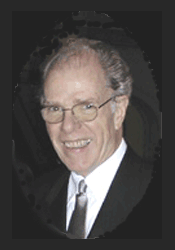
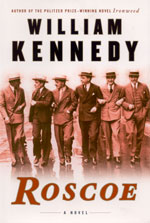






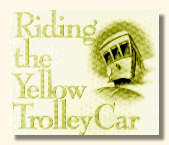
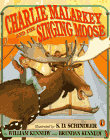


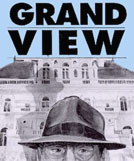
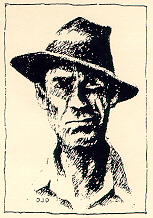
 Stokvis, Irene. "First Novelists: Twenty-Five New Writers--Fall 1969--Discuss Their First Published Novels." LIBRARY JOURNAL 94, October 1, 1969; 3475.
Stokvis, Irene. "First Novelists: Twenty-Five New Writers--Fall 1969--Discuss Their First Published Novels." LIBRARY JOURNAL 94, October 1, 1969; 3475.